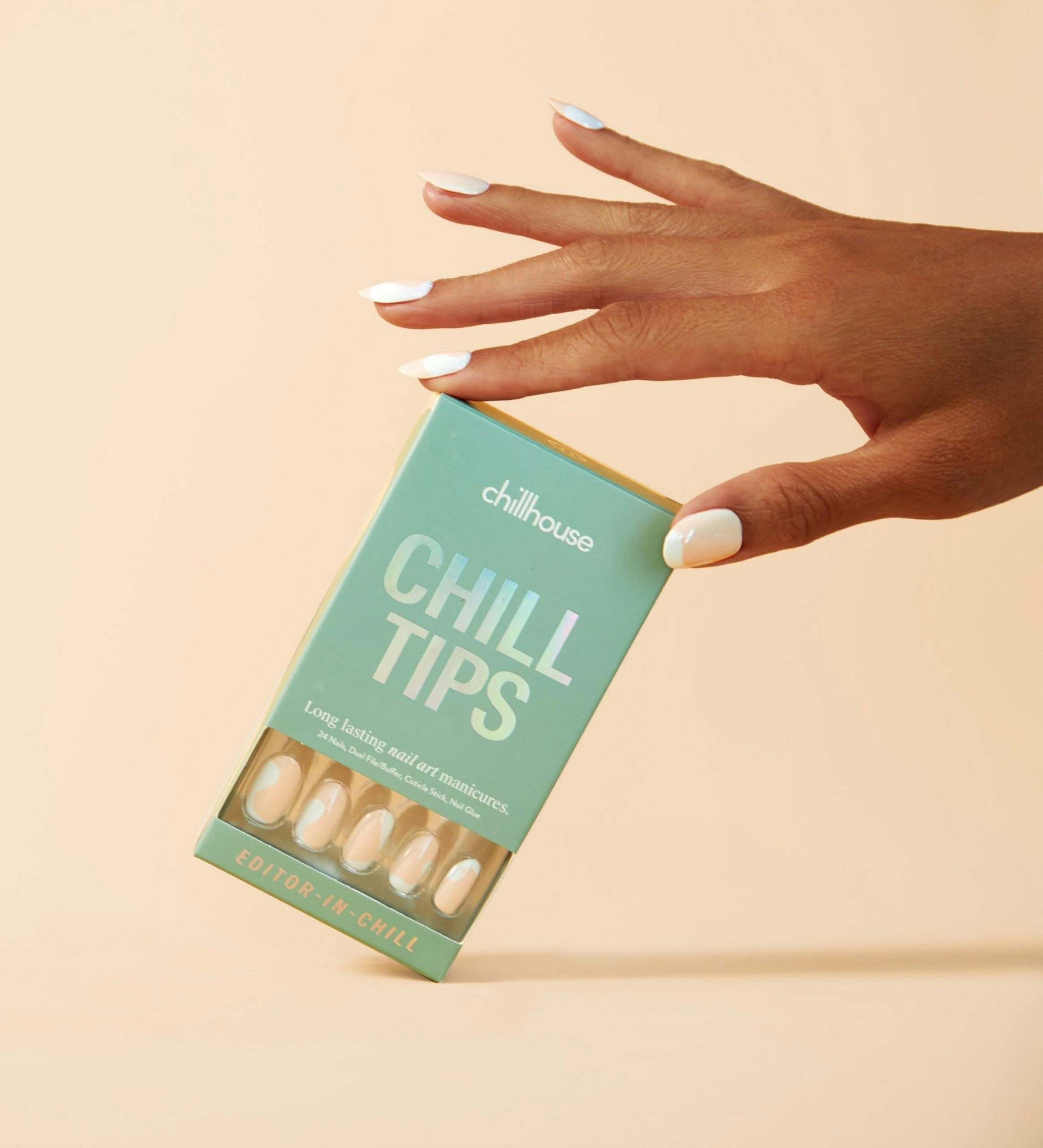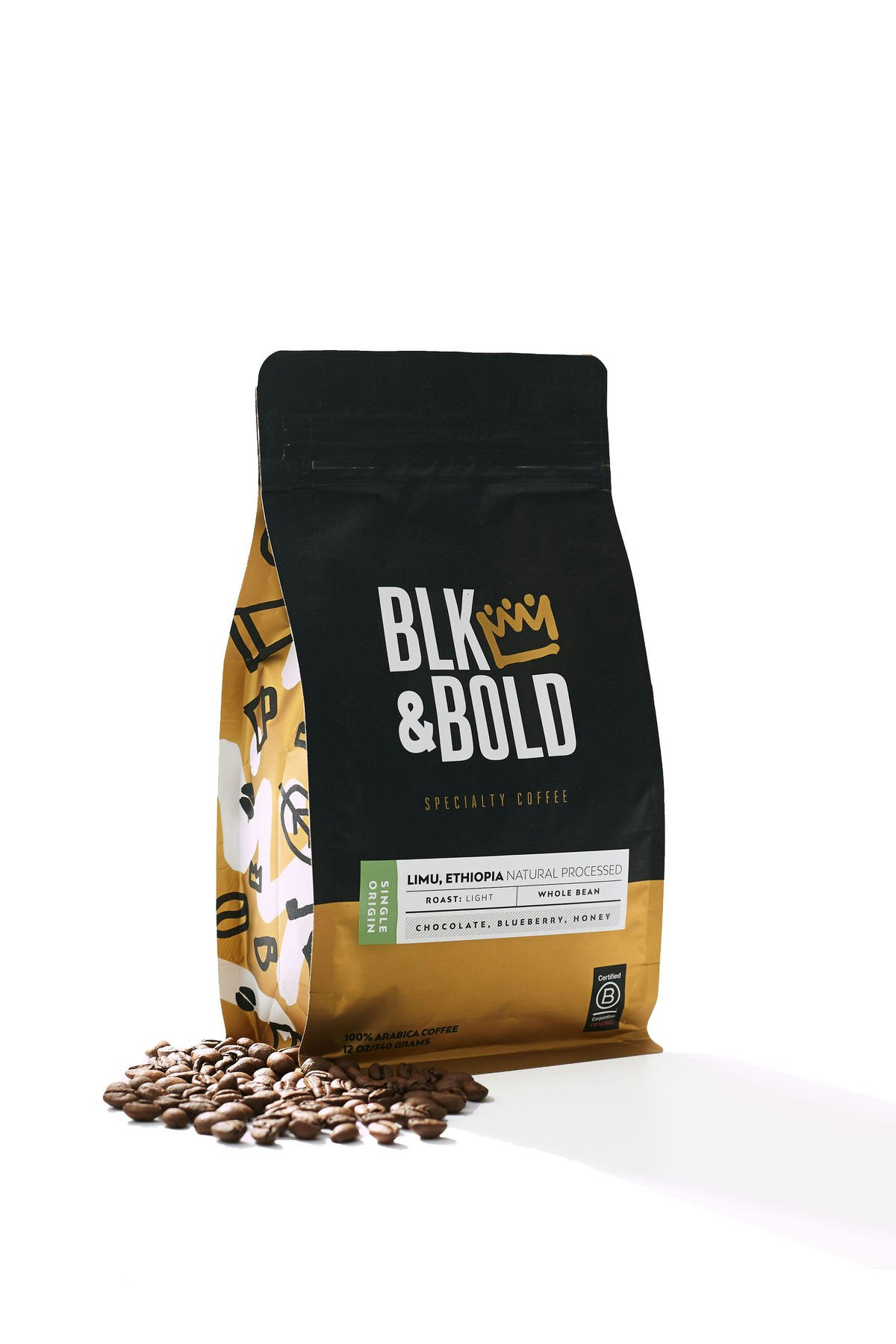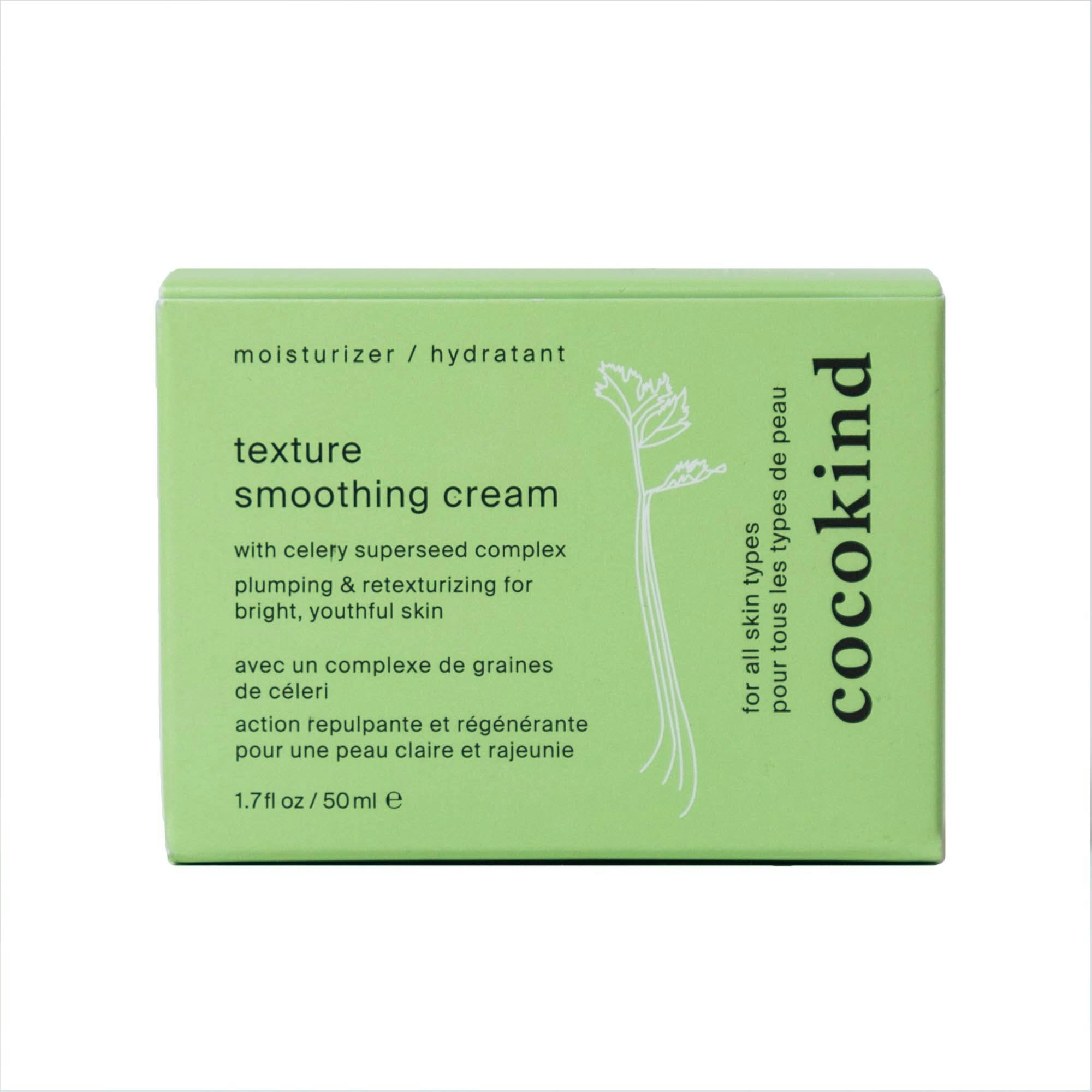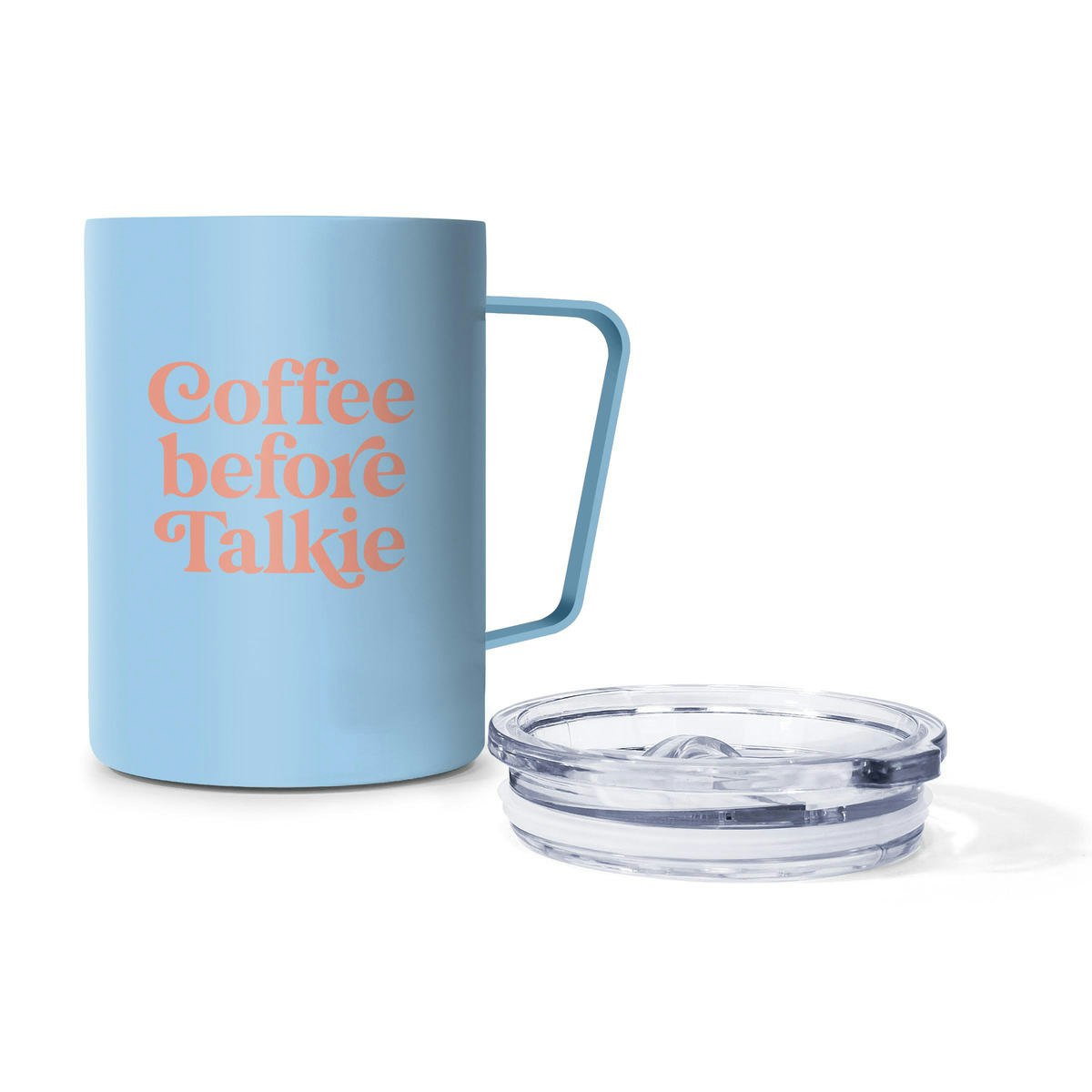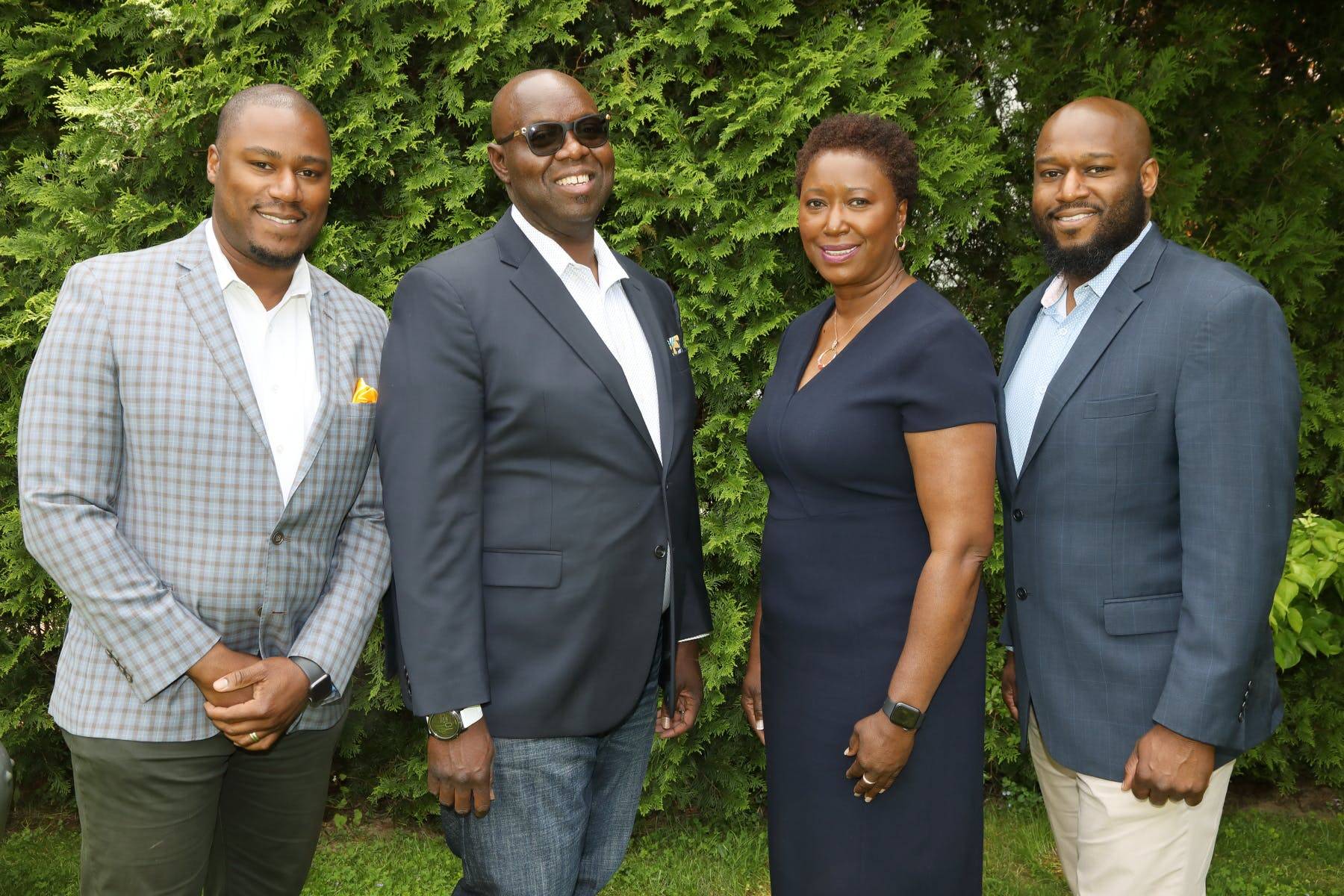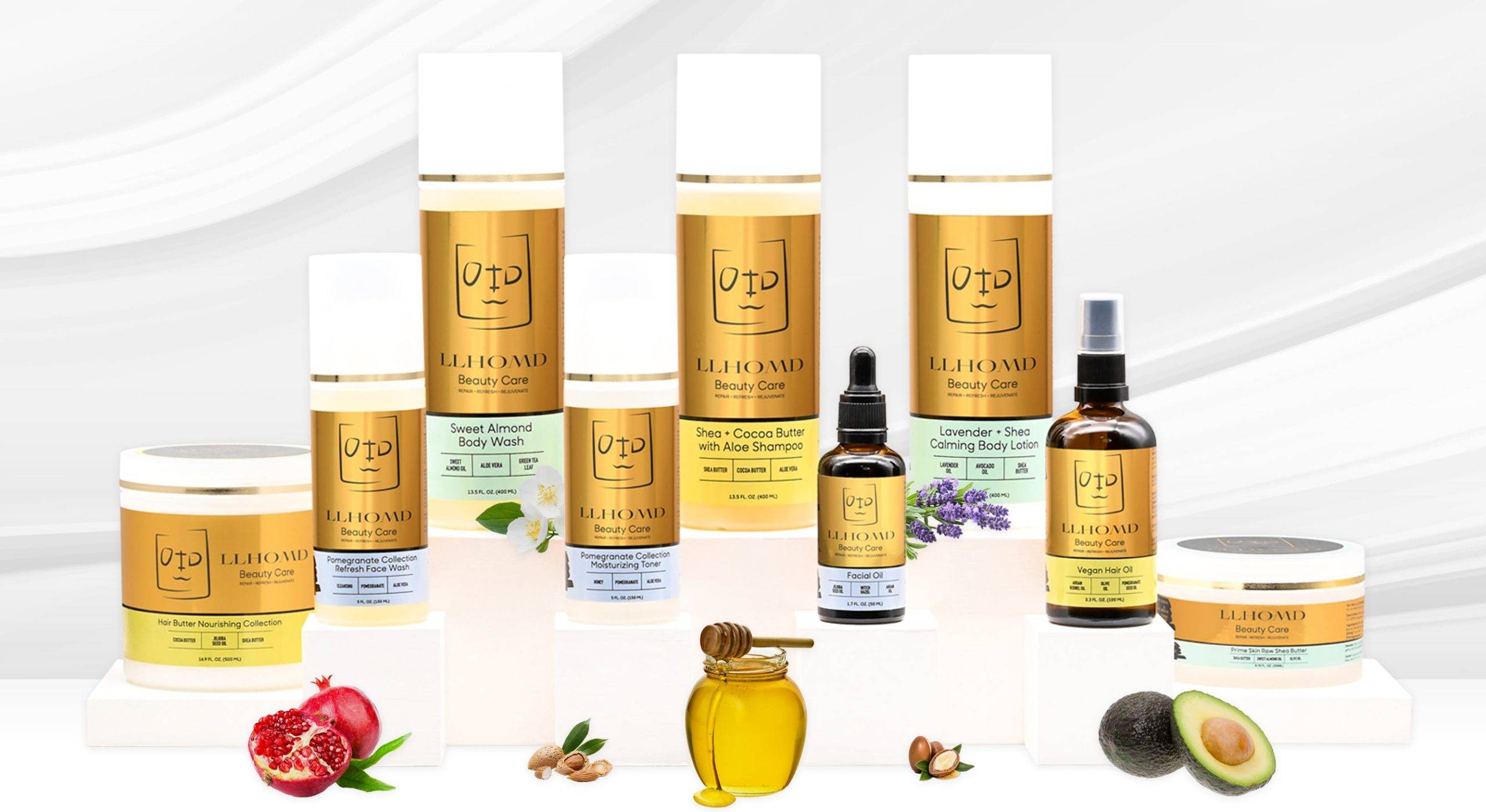Diversity, equity, and inclusion (DEI) has become a key phrase for the roaring 2020s, as the world wakes up to accepting and welcoming people of every race, color, gender, religion, and sexuality.
In retail, we’re seeing that play out both in the products on shelves and the sourcing practices of retailers.
Target’s focus
Target’s focus on diversity is not going unnoticed. Last year the retail giant pledged it will spend more than $ 2 billion with Black-owned businesses by 2025 and now carries more than 500 Black-owned business brands in stores and online, already ahead of its goal.
This “includes everything from investing in underrepresented entrepreneurs and launching Black-owned brands on our shelves, to working with Black designers and suppliers,” LaKesha Brown, a Target spokesperson, told RangeMe.
Target also has a Forward Founders program, designed to engage entrepreneurs, particularly Black founders, early in their startup journeys by helping them navigate critical stages of bringing a brand to market, including ideation, product development, and scaling for mass retail. More than 2,000 founders have attended the virtual program since it launched.
But Target is not just focused on Black-owned companies. It offers an assortment of products from Asian- and Latino-owned/founded businesses; for Women’s History Month, Target leveraged digital icons to help guests shop women-owned and founded brands online; for this year’s Pride month, Target is collaborating with LGBTQIA+ designers and LGBTQIA+-owned brands.
Diversity in retail
In 2020, Kroger launched its Framework for Action: Diversity, Equity and Inclusion initiative, with goals including: Creating a more diverse culture; developing diverse talent; increasing spending with diverse suppliers; and supporting impactful approaches to advance racial equity with community partners.
In 2020, both St. Louis-based Schnucks and Grand Rapids-Mich.-based Meijer held Supplier Diversity Summits to provide diverse-owned companies the opportunity to showcase and pitch their offerings to the retailers.
Meijer said it welcomed minority-, LGBTQ-, woman-, veteran-, and disability-owned businesses. Both retailers partnered with ECRM and RangeMe to host the events.
U.K. DEI commitments
In the U.K., Sainsbury’s has made internal and external commitments to diversity, ensuring it highlights what it’s doing in this realm; hiring a diverse workforce; and lets everyone celebrate being themselves.
Tesco affirmed its commitments to having an inclusive workforce, where everyone from armed forces veterans to people with disabilities are welcome. Morrisons has made similar commitments, including the formation of the Morrisons LGBT+ Network to help understand the challenges of LGBT+ colleagues, and making sure its policies work for minorities.
Inclusive period care
Other retailers are concentrating DEI efforts in certain areas. In 2021, a number of retailers started labeling period products as “Period Care” rather than the more alienating “Feminine Care.” This included Woolworths in Australia, U.K. retailers Abel and Cole and Ethical Superstore, and mainstream retailers like Asda and Boots.
“Periods aren’t a matter of gender. You don’t need to be feminine, nor a woman to have a period,” says Marie Clair Scales, customer support lead, Abel and Cole, a grocery delivery company based in London. “We’re choosing to be inclusive of a large number of people who still need access to period care.”
The goal, Scales adds, was to label period products “in a more inclusive and sensitive manner.” And this makes a difference to some customers, she adds. “We received great feedback when we renamed the category. Those unaffected by period inequality likely won’t even notice the difference and we received no negative feedback.”
Along with retailers making changes, there’s more supplier diversity in all products now. We’re seeing more companies created by minority entrepreneurs and those launching products catering to a diverse clientele.
Suppliers focus on equity
In 2014, Mason Duling and Toby Meisenheimer launched Tru-Colour, bandages in different skin tones, which landed on Target’s shelves in 2018.
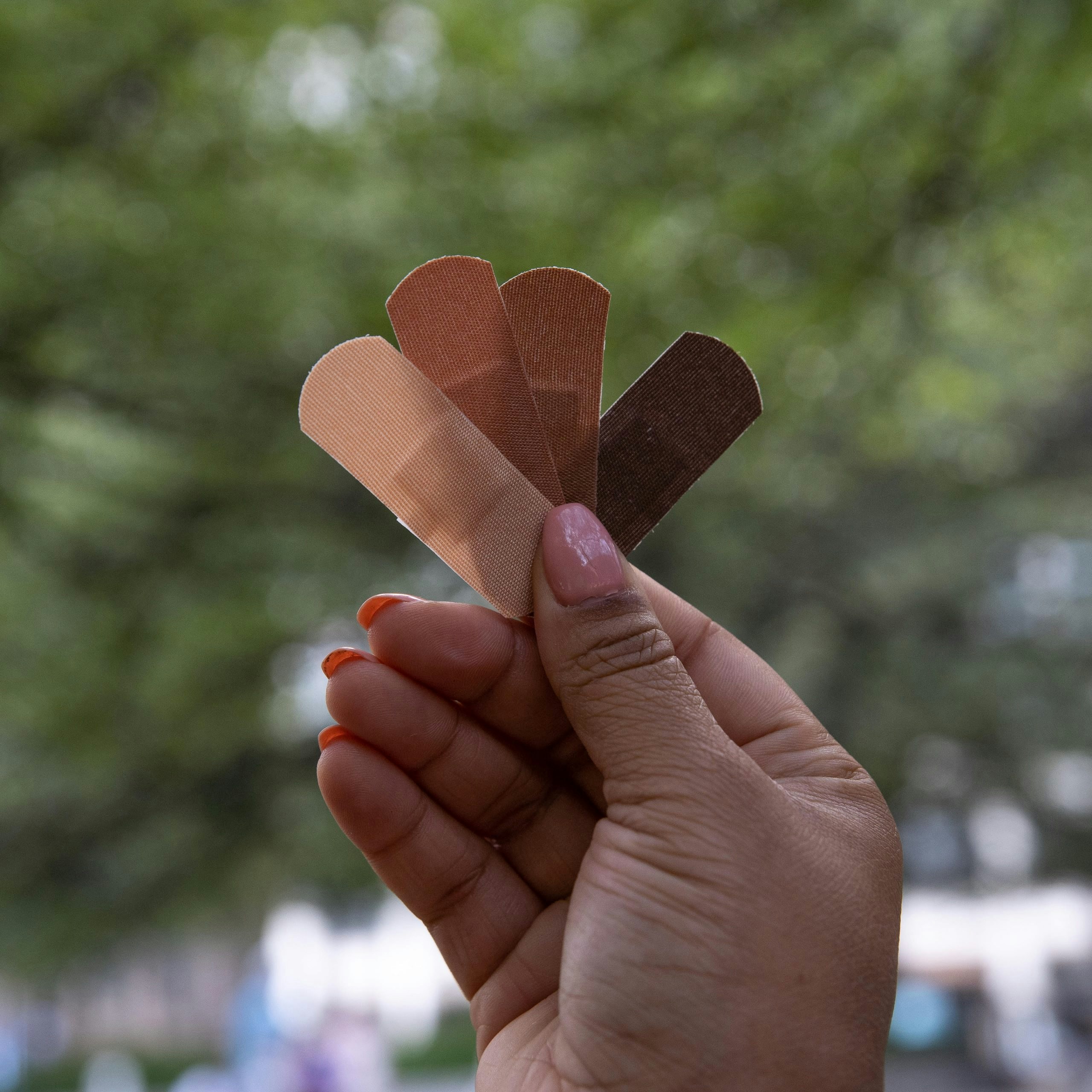
The retailer provided a lot of support to make sure Tru-Colour would have enough product to fill their shelves. “They were taking a big risk because we were so small but they helped guide us and connected us with other small brands who had done it,” says Duling, Co-Owner and Chief of Creative Implementation and Executive Operations.
The launch went well, Duling says. “For so long people had been so used to buying one kind of bandage … but now you’re giving them options. We worked significantly with our branding team to make sure we were properly standing out on the shelf.”
Black-friendly products
Lorna Hawthorne launched LLHOMD Beauty Care in January, with the goal of delivering “luxury hair and skincare products with quality ingredients, to women of color at an affordable price,” says Haywood Hawthorn, her son and COO of the Tarrytown, N.Y.-based company.
“We don’t think there are enough companies offering products for Black customers,” he says. “Beauty companies and the industry as a whole have some way to go in meeting the full skin and hair needs of Black customers.”
Beauty may be only skin deep, but retailers and suppliers are going deeper to make a difference with customers of every type.
The post Global Retailers Bring Inclusive Products to the Front appeared first on The RangeMe Blog.
